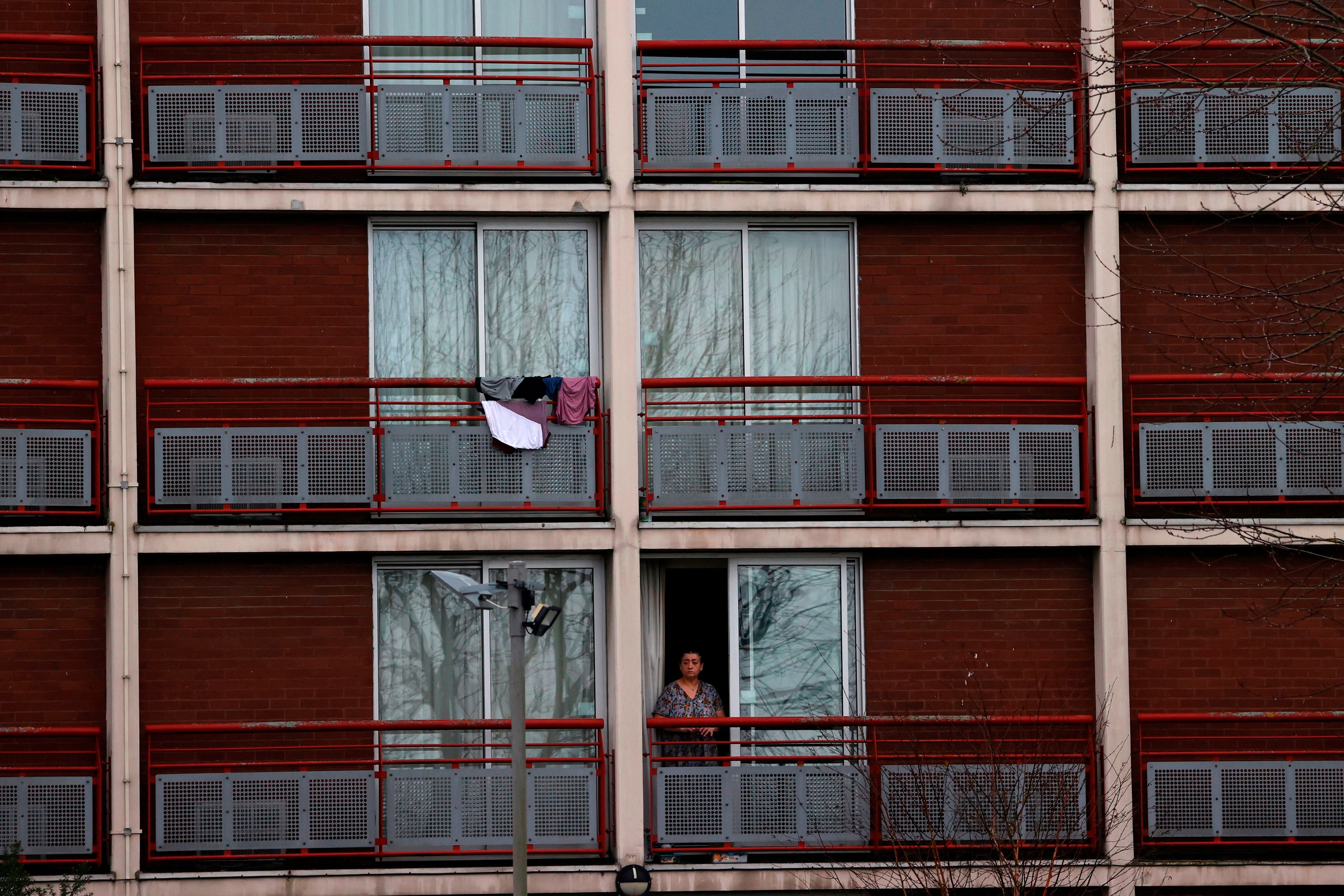
Asylum seekers say they cannot afford the clothes and toiletries they need, or to leave their accommodation, as they survive on as little as £8 a week and living costs continue to soar.
People who have fled their home countries say they are struggling to get by on their government allowance – and are unable to do anything about it while banned from working.
One man says he is spending “much of his life indoors” in his asylum hotel, shared with hundreds, because he cannot afford to do much else. Others say they feel “isolated” and “mentally suffering” due to being stuck in similar situations.
The Independent has already revealed a growing backlog of asylum claims, leaving people stuck in limbo for months and even years as they wait for decisions on their refugee statuses.
Have you been affected by this story? Contact zoe.tidman@independent.co.uk
Asylum seekers receive £40.85 a week for living expenses, which is £1.22 more than last year. For those in temporary hotels, meals are provided, so asylum support is lower at £8.24 per week, a rise of 24p on last year. The Office for National Statistics announced just this week that inflation had hit 11.1 per cent – another 40-year high.
Matthew (not his real name) is an asylum seeker from Ghana, where he was concerned for his safety as a gay man. He has been in the UK for years and says a previous asylum claim was rejected because of a “lack of evidence” about his sexuality.
He is waiting for the Home Office to consider a fresh asylum claim and is living in a hotel in London, getting by on just over £8 a week. It is a “stressful” situation, he says.

The 41-year-old says meals are provided but he does not have enough money to buy food elsewhere when he gets hungry. Another issue is shower gel when the monthly bottle provided runs out.
Matthew says: “I’m spending most of my life indoors,” adding that he browses on his phone or watches TV to pass the time.
He adds: “Some people think the government is spending on us asylum seekers, but if we are allowed to work we can take care of ourselves and contribute to society and the economy.”
Zeena (not her real name), a Palestinian woman claiming asylum because of fears for her safety back home in Lebanon, is also living in a London asylum hotel.
She is an experienced social worker but is unable to work while her application is considered. She tellsThe Independent she is suffering from depression and struggling to afford basics, such as toothpaste and a toothbrush. She has recently put on weight and is unable to afford new clothes that fit her properly.
Asylum seekers say things are also difficult on just over £40 a week in non-catered accommodation because the cost of living crisis puts added pressure on budgets.
“For me this is nothing new, tightening the belt,” says Jason Thomas-Fournillier, a gay man from Trinidad and Tobago who first claimed asylum in 2014.
But for others in his shared accommodation, it is different. “I have young men living with me here who are suffering from isolation and cannot socialise,” he says.
Carol (not her real name) is a mother-of-three from Nigeria who is waiting for her asylum decision in the West Midlands. She gets extra money every week for her young children: babies get £5 extra a week, while one to three-year-olds add £3 to the support.
But she is still struggling to afford the essentials. “It is taking a toll on us,” she tells The Independent.
Carol says she cannot afford a winter coat, which, at £20 or £30, would eat into her weekly allowance. Nor can she afford winter boots for her children, instead having to rely on charity handouts.
Her family cannot afford the internet at home and rely instead on free wifi.
She says asylum support needs to be increased to cover living costs. “I’m not thinking about living a life of luxury… but we should be able to meet our basic necessities.”

Emma Birks, from charity Asylum Matters, says support has been “incredibly low” for years.
“With the cost of all items in the shops rising, these people and their families will be forced into even greater poverty and hardship because they are not allowed to work,” she says.
“We are calling on the Home Office to significantly increase the amount of support and give people seeking asylum the right to work so that they can live, not just barely survive.”
Tim Naor Hilton, chief executive of Refugee Action, says: “Keeping people seeking asylum in horrendous poverty is a deliberate government policy.
“The cost of living rise means families that are already unable to afford necessities are going to have to make heartbreaking decisions, such as skipping meals so they can feed their children.”
He says the “quickest way” for the government to lift thousands out of poverty and off state support would be to let them work immediately. For those unable to, financial support should increase, he adds.
A Home Office spokesperson says: “The Nationality and Borders Act will fix the broken asylum system by processing applications more quickly and focusing on those genuinely fleeing persecution.
“For asylum seekers who would otherwise be destitute, we provide accommodation and a weekly allowance for food, clothing, transport and sundries.
“The Home Office ensures all spending is carefully scrutinised to make sure that every pound of taxpayers’ money is spent in the most effective way. We review the allowance rates on an annual basis and we have commenced this year’s annual review.”







